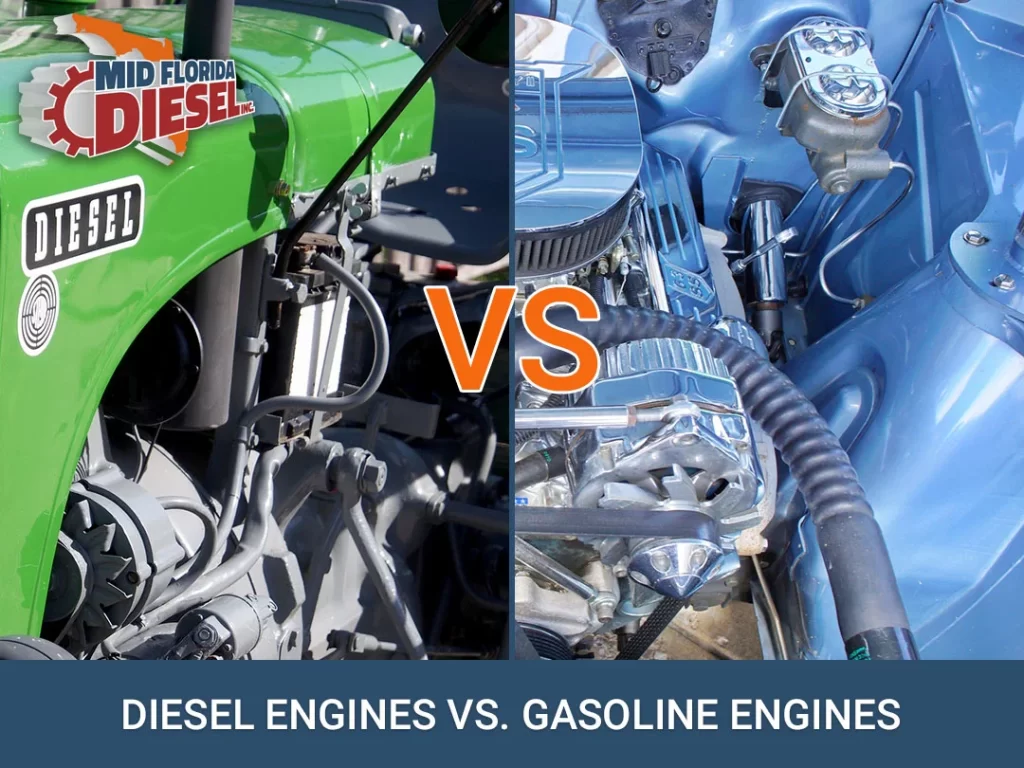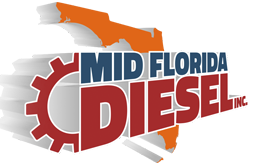 Gasoline and Diesel are both petroleum products. Although they come from the same origin, they will have a lot of differences in their utilization. Diesel is usually utilized for bigger machinery that needs greater torque over HP. Gasoline, in comparison with this, is a lighter fuel and is used for vehicles that require speed rather than brute strength. But keep in mind that the difference between these two fuels is not limited just to torque and power figures. Both these products are refined out of crude oil. Here are some factors to consider.
Gasoline and Diesel are both petroleum products. Although they come from the same origin, they will have a lot of differences in their utilization. Diesel is usually utilized for bigger machinery that needs greater torque over HP. Gasoline, in comparison with this, is a lighter fuel and is used for vehicles that require speed rather than brute strength. But keep in mind that the difference between these two fuels is not limited just to torque and power figures. Both these products are refined out of crude oil. Here are some factors to consider.
Volatility and Density: Gasoline is better refined than compared to diesel. It also means that gasoline is thinner in terms of volatility and density. Therefore, in practice, gasoline burns quicker and allows you to develop greater horsepower. As the diesel fuel is thicker in terms of density, it also evaporates slowly. Diesel has greater energy density. This also means almost 20% more energy is developed from using diesel than the same quantity of gasoline. This is the reason why diesel engines are preferred for bigger machines, as they develop more energy at lower RPMs.
Durability: Generally speaking, diesel engines are thought of as more durable than compared to petroleum power plants. This is the reason why we usually see several diesel work trucks. Diesel engines can work for several miles compared to gasoline engines before they need repair and maintenance. The life expectancy of a diesel engine is close to 250000 to 300000 miles. None of the petroleum engines can offer this mileage. The reason behind this mileage is a huge difference in fuel type and engine design.
Engine Design: The diesel engines are huge and come with bigger cylinders, stronger pistons, multiple gears, and bigger crankshafts. They are usually straightforward and use fundamental gear operation. Some heavy-duty material is used for supporting constant operation. As the gears of the diesel engine are fixed, in most cases in a set area, there is restricted movement available for less wear and tear. The gasoline engines are more complicated and work on belts and chains. These engines use many smaller parts which need greater precision.
Fuel Efficiency: Another huge difference between gasoline and diesel fuels is their fuel efficiency. In most cases, diesel vehicles are more fuel-efficient than gasoline vehicles because of the thicker density it offers, together with a better compression ratio and lower RPM performance. Both these engines might have the same power, but the diesel engines have lower RPM. In other words, the diesel engines burn less fuel for the same output. A higher compression ratio means better fuel burning, and a greater amount of energy is produced.
When it comes to choosing between gasoline and diesel engines, both have their own unique advantages. If you drive less than 12000 miles per year on a regular basis, then a gasoline engine will be sufficient for your needs. However, if you plan on driving more than 15000 miles per year or towing heavy loads, then a diesel engine would be a more practical choice. If you live near Mid Florida, a great place for all your diesel requirements is Mid Florida Diesel.





